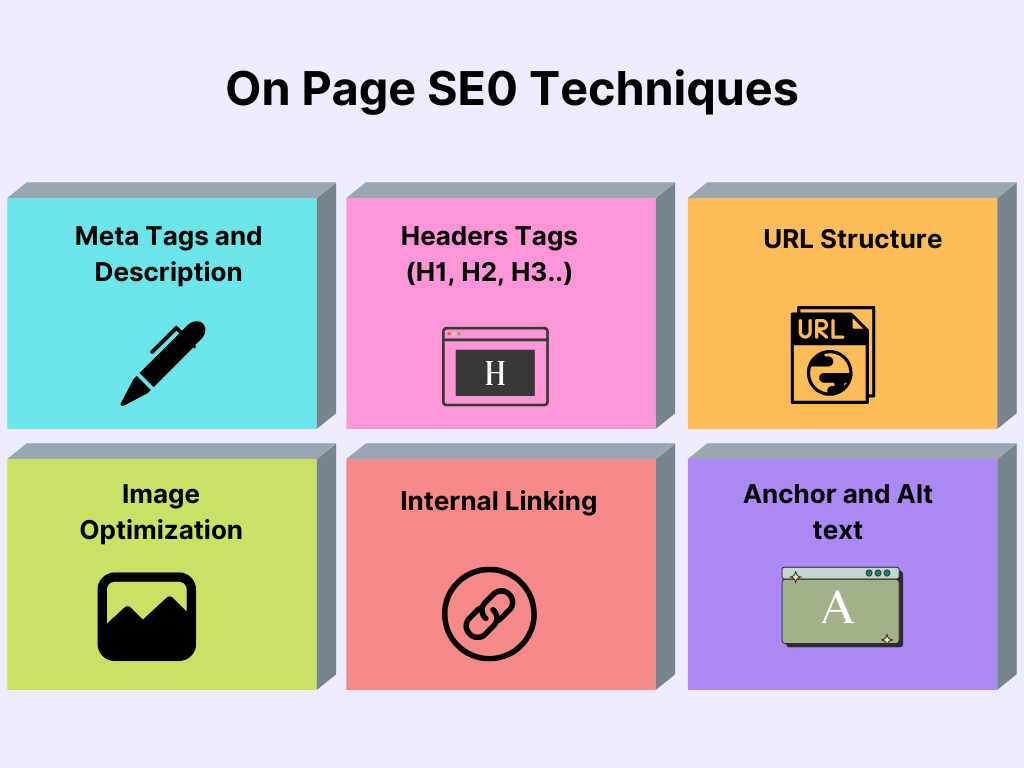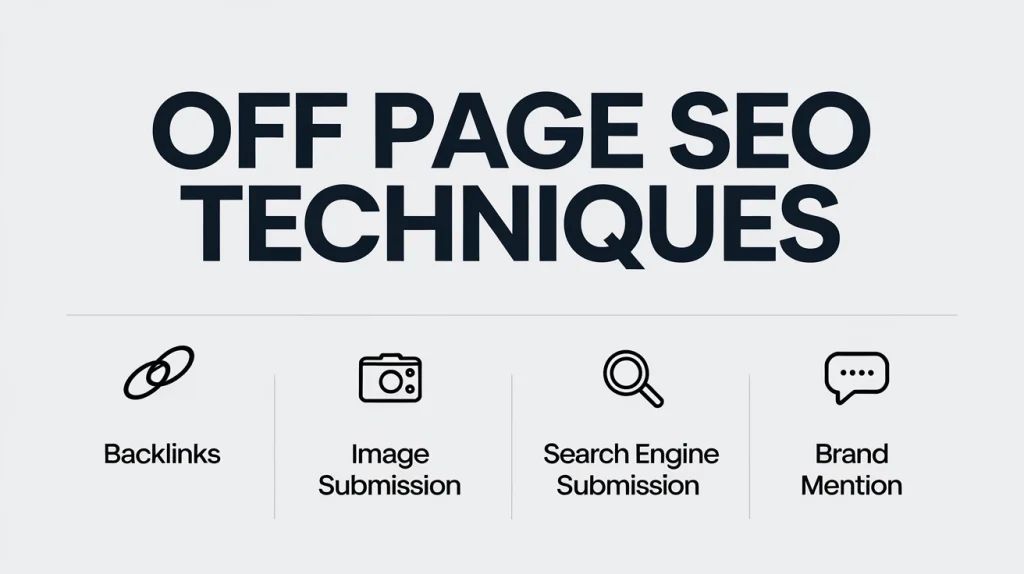10 Powerful Insights into the Importance of SEO in Web Development
In today’s digital landscape, merely having a website isn’t enough. To stand out from the competition, you need a site that is not only visually appealing but also optimized for search engines. So, why is SEO in web development crucial? Let’s dive into the nitty-gritty of SEO and its pivotal role in the success of your online presence.
1. Introduction
In the vast ocean of the internet, where millions of websites vie for attention, SEO (Search Engine Optimization) is the life raft that keeps your website afloat. Understanding the importance of SEO in web development is essential for anyone looking to enhance their online visibility. This practice encompasses various strategies, from using the right keywords to optimizing your site’s architecture. But what does this have to do with web development? Everything! The foundation you build for your website can significantly impact your SEO efforts.

2. The Role of SEO in Web Development
How SEO Influences Website Architecture
When creating a website, the structure plays a vital role in how search engines crawl and index it. A well-organized site architecture enhances your SEO strategies for web development. For instance, clear navigation and a logical hierarchy help search engines understand your content better. If your website is built with SEO in mind, it’s easier for search engines to recognize its relevance and rank it higher.
Importance of Responsive Design
In an era where mobile devices dominate internet usage, having a responsive design is no longer optional. Google prioritizes mobile-friendly websites in its search results. Therefore, ensuring your website adapts to various screen sizes is essential for better SEO rankings and user satisfaction.
3. Keyword Research: The Backbone of SEO
Importance of Keywords
Keywords are the bridge between what users are searching for and what your content provides. Understanding which keywords are relevant to your audience allows you to create content that addresses their needs. This is where effective keyword research becomes a crucial aspect of your SEO strategies for web development.
Tools for Keyword Research
Several tools can help with keyword research, such as Google Keyword Planner, SEMrush, and Ahrefs. These tools provide insights into search volume, competition, and related keywords, guiding you in crafting content that resonates with your audience.
4. On-Page SEO Techniques
Below are the important techniques of on page seo:

Title Tags and Meta Descriptions
Title tags and meta descriptions are your website’s first impressions on search engine results pages (SERPs). A compelling title tag can entice users to click through to your site. Similarly, an engaging meta description summarizes the content of your page, influencing click-through rates (CTR) and enhancing your site’s SEO.
Header Tags (H1, H2, H3)
Using header tags correctly can improve your website’s readability and SEO. The H1 tag typically denotes the main title, while H2 and H3 tags organize subheadings. This hierarchical structure helps search engines understand your content better and makes it easier for users to skim through.
URL Structure
An SEO-friendly URL is short, descriptive, and includes relevant keywords. Instead of a long string of random numbers and letters, a URL like www.example.com/importance-of-seo provides clarity for both users and search engines.
Image Optimization
Images can enhance user engagement, but they can also slow down your site if not optimized. Using the right file formats, compressing images, and including alt text not only speeds up loading times but also helps search engines understand what the images represent.
5. Off-Page SEO Strategies
Below are the off page SEO techniques:

Importance of Backlinks
Backlinks are like votes of confidence from other websites. The more reputable sites link to your content, the more trustworthy your site appears to search engines. Building a solid backlink profile is essential for improving your site’s authority and ranking, showcasing the importance of SEO beyond just your site.
Social Media’s Impact on SEO
While social media signals don’t directly influence SEO rankings, they can drive traffic to your site and increase visibility. Engaging with users on social platforms can lead to more shares and backlinks, ultimately benefiting your SEO efforts.
6. Technical SEO
Website Speed and Performance
In today’s fast-paced world, users expect websites to load quickly. If your site takes too long to load, users are likely to abandon it, increasing your bounce rate. Google considers page speed a ranking factor, making it essential to optimize your site’s performance as part of your SEO best practices.
Mobile Optimization
As mentioned earlier, mobile optimization is crucial. Ensuring your site is mobile-friendly not only improves user experience but also boosts your rankings in mobile search results.
Secure Websites (HTTPS)
Security is a top priority for users, and search engines recognize this. Switching from HTTP to HTTPS signals to search engines that your site is secure, positively influencing your rankings and aligning with SEO best practices.
7. The User Experience (UX) and SEO
How UX Affects SEO
User experience (UX) and SEO go hand in hand. A well-designed site that offers a great UX keeps visitors engaged and encourages them to explore further. Factors like page load time, easy navigation, and mobile responsiveness contribute to a positive UX, which can boost your SEO.
The Role of Site Navigation
Clear navigation helps users find what they need quickly. If visitors struggle to navigate your site, they might leave, leading to a high bounce rate that negatively impacts your SEO. Organizing your content logically and providing clear calls to action enhances both UX and SEO.
Read More: The Role of User Experience (UX) in SEO Success
8. Content Quality and SEO
The Significance of Valuable Content
Content is king when it comes to SEO. Providing valuable, relevant, and engaging content keeps visitors on your site longer and encourages them to return. This not only helps with rankings but also builds trust with your audience, emphasizing the importance of SEO in content creation.
Freshness and Updates
Regularly updating your content signals to search engines that your site is active and relevant. This is particularly important for topics that evolve over time. Keeping your content fresh can lead to improved rankings and is an integral part of your SEO strategies for web development.
9. Local SEO: A Must for Businesses
Understanding Local SEO
If you run a local business, local SEO is essential. This involves optimizing your online presence to attract more business from relevant local searches. By targeting local keywords and optimizing your Google My Business listing, you can enhance your visibility in local search results.
Importance of Google My Business
Claiming and optimizing your Google My Business listing can significantly impact your local SEO. This allows you to manage how your business appears on Google Maps and search results, making it easier for potential customers to find you.
10. Measuring SEO Success

Key Performance Indicators (KPIs)
To determine the effectiveness of your SEO strategies for web development, you need to track certain KPIs. These include organic traffic, bounce rate, conversion rate, and keyword rankings. Monitoring these metrics will help you understand what’s working and what needs improvement.
Tools for Tracking SEO Performance
Several tools can help you track your SEO performance, including Google Analytics, Google Search Console, and SEMrush. These platforms provide valuable insights into your website’s performance and user behavior.
11. Common SEO Mistakes in Web Development
Neglecting Mobile Optimization
With more users accessing the internet via mobile devices, neglecting mobile optimization can severely hinder your site’s performance. Ensure your website is fully responsive and provides a seamless experience across all devices.

